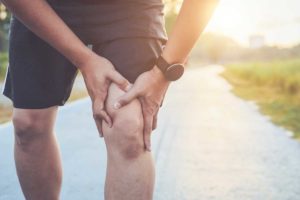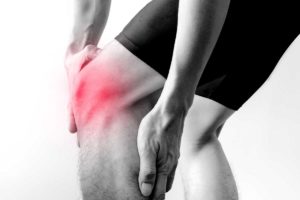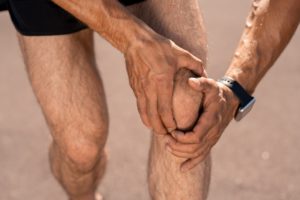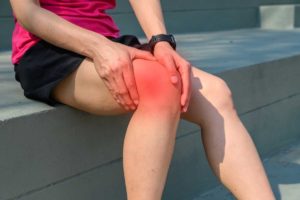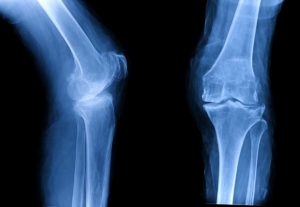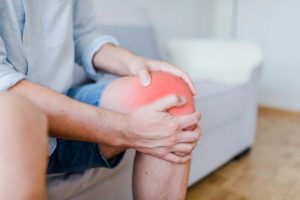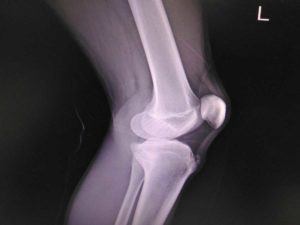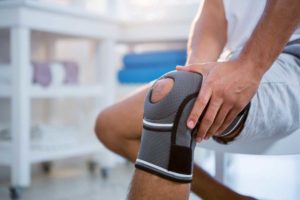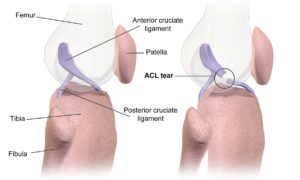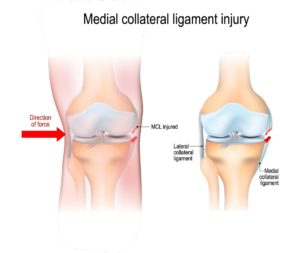
Meniscal Injuries
Typical Symptoms
Injury to the meniscus usually causes pain in the knee and can be associated with swelling, locking, instability, limited movement and night pain. Once the acute symptoms have settled, there can be pain with climbing stairs and difficulty with returning to sport / activity.
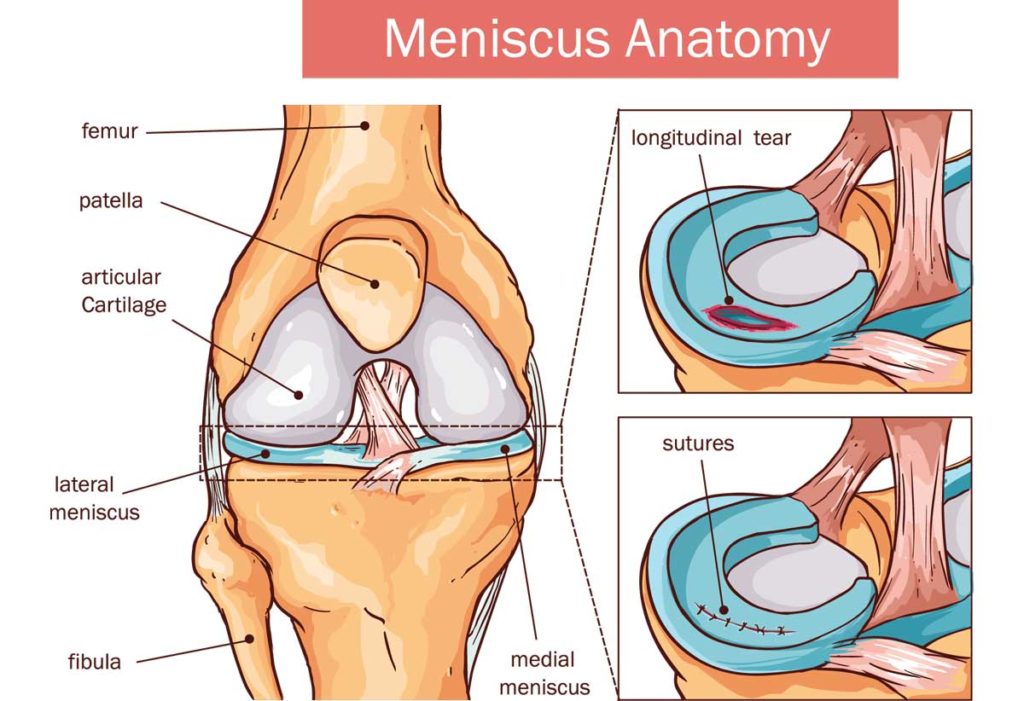
What causes it?
Meniscal injuries can be either on the inner (medial) or outer (lateral) aspect of the knee and usually occur after a shearing force is applied to it. This can be on the background of pre-existing degenerative (wear and tear) changes that put the knee at increased risk, but it may also be a totally new acute injury.
Tears to the meniscus take different forms and depending on the degree and nature of the tear, the symptoms can vary in severity.
How can I help myself?
First and foremost it is important to consider how the symptoms came on to determine what was the mechanism of injury. If there were pre-existing pain symptoms, then it may be on a degenerative background.
It is important to offload from the activity that caused or continues to aggravate the symptoms and in some situations using crutches or a brace can be help limit movement.
With chronic pain, working with a sports therapist might help improve your symptoms. PRICE can help to reduce swelling in the knee and this in turn can help with range of movement. Pain can be improved with oral analgesia such as anti-inflammatories.
When to seek help?
If you have acutely injured the knee and are experiencing swelling, locking and limited movement symptoms, you should try to have your knee assessed as soon as possible.
Sometimes if there are chronic grumbling symptoms, then trying the other measures can improve things, but if this is not helping, seek an assessment.
What are the treatment options?
Your clinician will assess you with a thorough history and examination to determine the mechanism of injury and aggravating factors. They may organise an X-ray to look for bony changes within the knee, such as fractures or osteoarthritis, as other injuries can happen at the same time.
An ultrasound does not add much to a suspected meniscal injury in isolation but can help identify ligamentous changes or degenerative changes. An MRI will help examine inside the knee and identify meniscal injuries.
If not considered significant, rehabilitation with a physiotherapist can be commenced and in many cases this can improve the problem, however, in some situations a surgical intervention may be necessary before it resolves.
